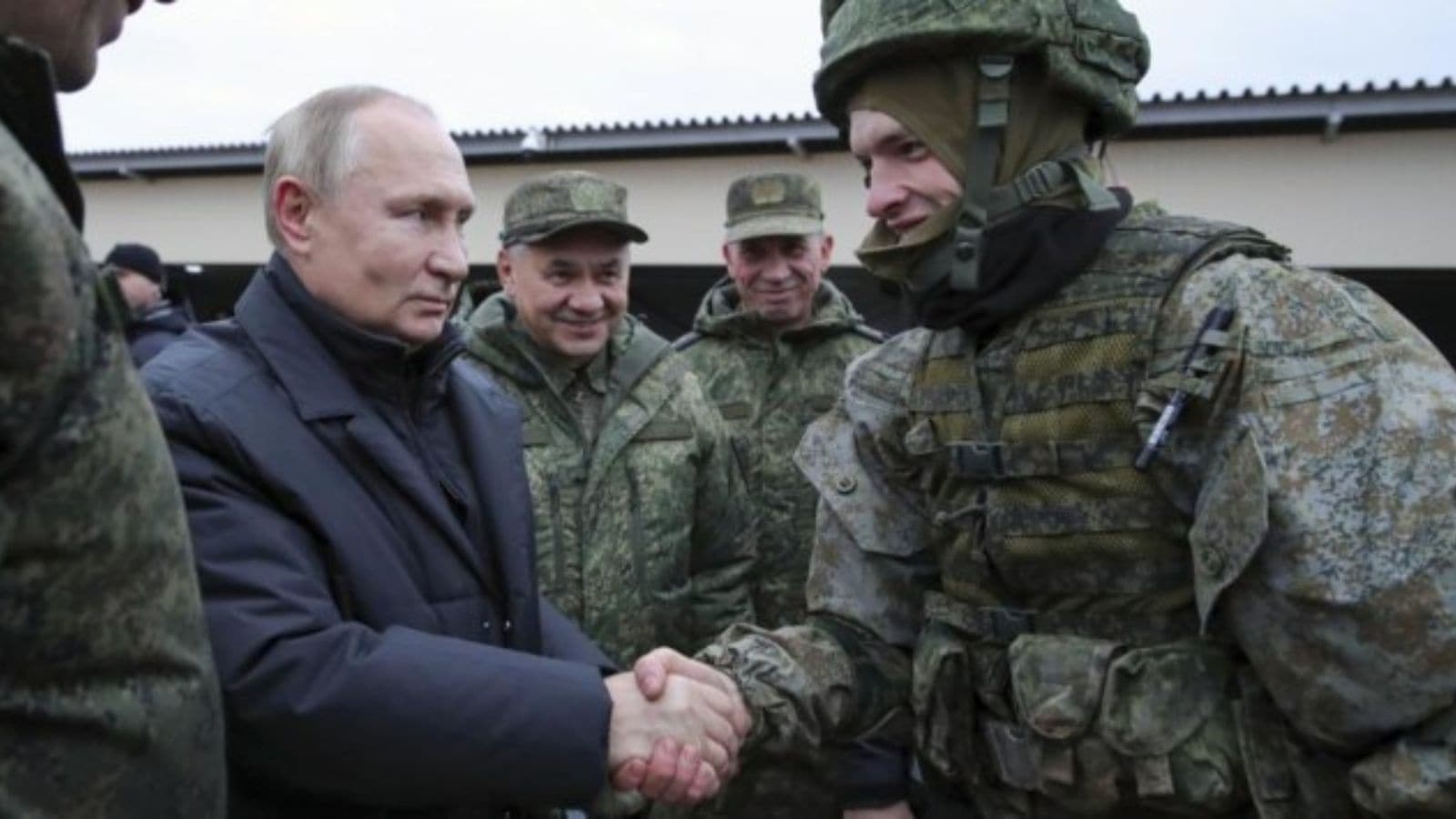Russia on Thursday celebrated Victory Day with President Vladimir Putin hailing his forces fighting in Ukraine and targeting the West for fueling conflicts around the world. In his speech commemorating the day, Putin emphasised Russia’s commitment to preventing conflicts among major world powers, while also asserting that Moscow will not tolerate any threats against itself.
“Russia will do everything to prevent a global clash,” Putin said and added that at the same time, “we will not allow anyone to threaten us. Our strategic forces are always in a state of combat readiness.”

This year’s Victory Day holds particular significance amidst the ongoing geopolitical tensions. Two days after beginning his fifth term in office, Putin led the festivities across Russia that recall the nation’s wartime sacrifice.
What is Victory Day?
Russia and several other former Soviet republics celebrate Victory Day every year on May 9 to mark the triumph over Nazi Germany in World War II.
- World war II: The war began in September 1939 with the German invasion of Poland and quickly escalated into a global conflict involving numerous countries and alliances. The Soviet Union entered the war in 1941 post an invasion of Soviet territory.
- Soviet-German conflict: The Soviet Union bore the brunt of the conflict, sustaining heavy losses in both military personnel and civilian lives. Despite initial setbacks, the Soviet Red Army gradually turned the tide of the war.
- Hitler’s suicide: Soviet forces launched major offensives aimed at liberating Eastern Europe from Nazi occupation. The Battle of Berlin, which culminated in the capture of the German capital, was one of the final and most significant battles. It lead to Adolf Hitler committing suicide on in April 1945.
- Victory Day: On May 9, 1945, the German Instrument of Surrender was signed, officially ending the war in Europe. The day came to be known as Victory Day in the Soviet Union and later in Russia.
The immense suffering and sacrifice in cities like Stalingrad, Kursk and Putin’s native Leningrad — now St Petersburg — still serve as a powerful symbol of the country’s ability to prevail against seemingly overwhelming challenges.
 Victory Day is observed with various ceremonies, including military parades. (File/AP)
Victory Day is observed with various ceremonies, including military parades. (File/AP)





























